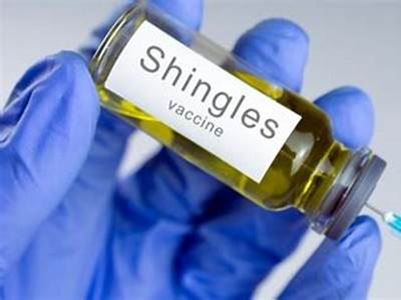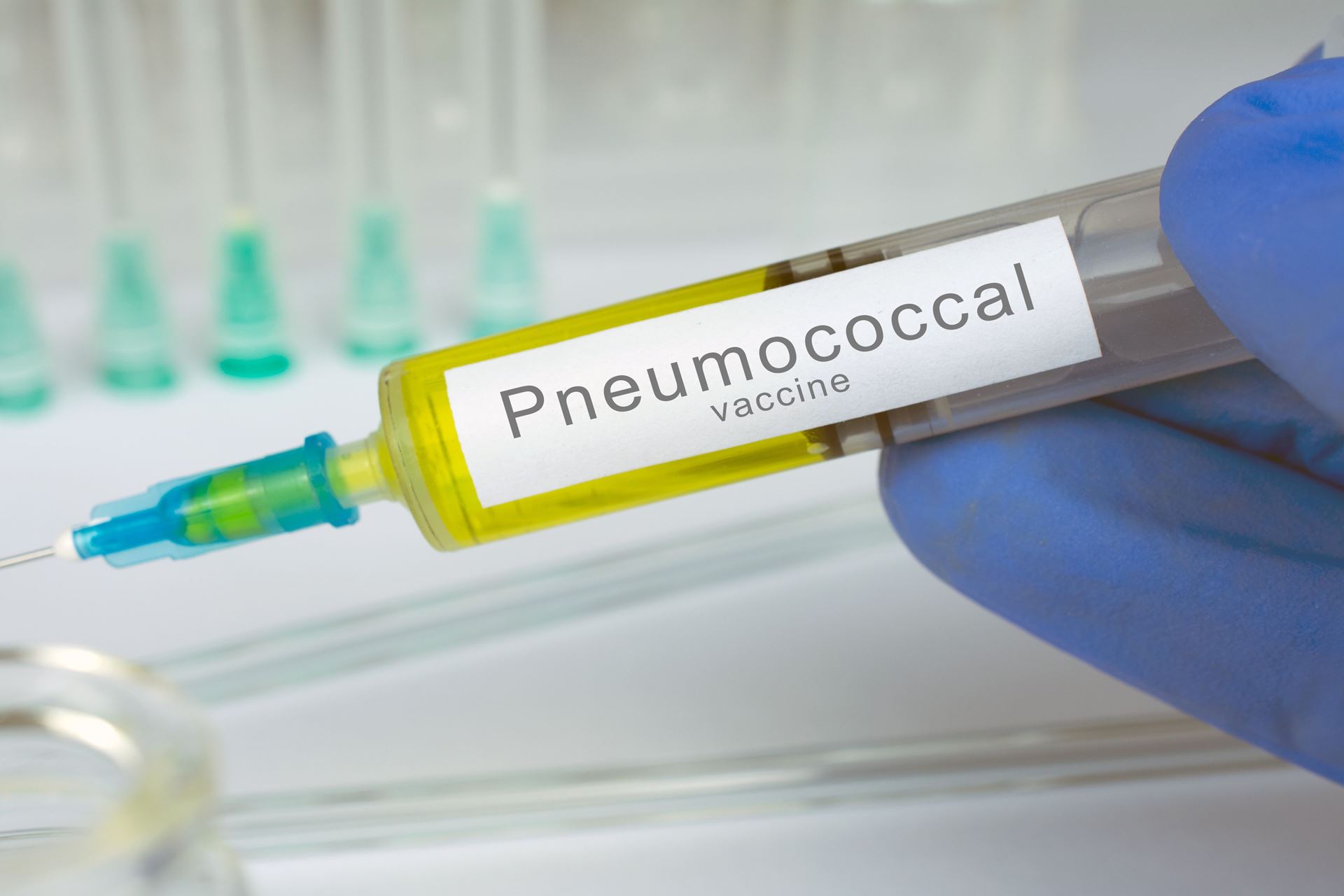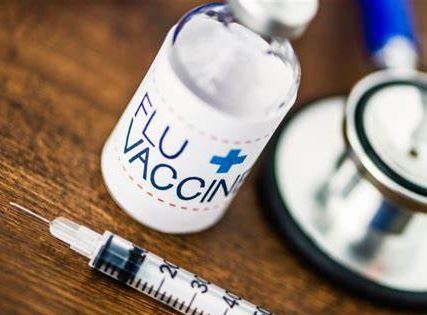Vaccinations
Non-urgent advice: Free NHS Vaccinations
It's important that vaccines are given on time for the best protection, but if you or your child missed a vaccine, contact our reception team to book in a catch up appointment with our Practice Nurse Team.
Up-to-date information on what vaccinations to expect when can be found at: NHS vaccinations and when to have them - NHS (www.nhs.uk)
Non-urgent advice: Childhood Immunisations
If children aren’t vaccinated, this means they are at greater risk of getting ill and dying from infectious diseases. Protect your children by ensuring they are vaccinated.
Please call the surgery to make an appointment.
One of the most important things that a parent can do for their child is to make sure that they have all their routine childhood vaccinations. It’s the most effective way of keeping them protected against infectious diseases.
Ideally, children should have their jabs at the right age to protect them as early as possible and minimise the risk of infection.
Find out which jabs your child needs, when they need them, and what the benefits of each jab are.
What diseases do vaccines protect against?
- Diphtheria
- Hepatitis b
- Hib (Haemophilus influenza type b)
- Polio
- Tetanus
- Whooping cough(pertussis)
- Rotavirus
- Meningitis
- Pneumococcus
- Rotavirus
- Measles
- Mumps
- Rubella
- Flu
- HPV
Is it safe for children to have several vaccines at once?
Yes. Children come into contact with many bacteria and viruses every day. Their immune systems are very able to respond to multiple vaccines at once. If you spread these vaccines out rather than giving them together, your child is left unprotected for longer.
Further Information:
- Why vaccines are safe and effective Why vaccination is safe and important – NHS (www.nhs.uk)
- Immunisation information for migrants (translations available) https://www.gov.uk/government/publications/immunisation-information-for-migrants
Routine childhood immunisation
Your child will be offered a number of recommended routine immunisations during childhood. This is so they are protected against serious diseases.
After clean water, immunisation is the most effective public health intervention in the world for saving lives and promoting good health.
Attending your child’s immunisation appointments will help make sure you and your child stay healthy.
If you are not sure if your child is up to date with their immunisations or have questions, you can contact your GP surgery to check and to book in any outstanding immunisations.
It is never too late catch up with your child’s immunisations and you can book appointments for missed vaccinations at any time. The sooner your child is up to date with their routine imunisations, the better.
Immunisation schedule
Babies under one year old
|
Age |
Vaccines |
Location |
|
8 weeks |
6-in-1 vaccine(first dose) Rotavirus vaccine(first dose) MenB vaccine(first dose) |
GP Surgery |
|
12 weeks |
6-in-1 vaccine (second dose) Pneumoccoccal (PCV) (first dose) Rotavirus(second dose) |
GP Surgery |
|
16 weeks |
6-in-1 vaccine(third dose) MenB(second dose) |
GP Surgery |
Children aged 1 to 15
|
Age |
Vaccines |
Location |
|
1 Year |
Hib/MenC (first dose) MMR (first dose) Pneumoccoccal (PCV) vaccine(second dose) MenB(third dose) |
GP Surgery |
|
2 to 10 Years |
Flu vaccine (every year) |
2 to 3 years old – GP surgery 4 to 10 years old – school |
|
3 Years and 4 months |
MMR(second dose) |
GP surgery or community clinic |
|
12 to 13 Years |
School |
|
|
14 Years |
School |
Your GP practice or school will contact you when any vaccinations are due. For school aged children, you will receive a consent form from your child’s school.
You can attend one of the catch-up clinics in the table below if your child has missed any of the following vaccinations at school:
- Flu vaccinations: reception to year 6
- HPV: year 8 to year 13
- DTP and ACWY: year 9 to year 13
- MMR: year 8 to year 9
- Polio Booster: 6 to 9-year-olds
"Easy Watch" vaccination information videos

The eligibility for shingles vaccines has changed.
Those that are eligible are:
- Age 70-79 years who have not yet been vaccinated.
- Recommended to have 2nd dose between 6-12 months after 1st.
- Aged 65 (DOB 1 September 1958 - 31 August 1959).
- Anyone whose 65th birthday occurred before 31 August 2023 will not be eligible until they turn 70. Eventually the vaccine will be offered to everyone over 60 (schedules 2028) but this is being phased in.
- Recommended to have 2nd dose between 6-12 months after 1st.
- Age 50+ and have a severely weakened immune system.
- If you have a severely weakened immune system and are over 50, you remain eligible and there is no upper age limit.
- Recommended to have 2nd dose between 8 weeks - 6 months after 1st.
Individuals aged 66 to 69 years will have to wait until they become 70 to receive a shingles vaccine.
You can usually have the shingles vaccine at the same time as other vaccines such as the flu vaccine, COVID-19 vaccine and pneumococcal vaccine.
Page created: 26 September 2019

